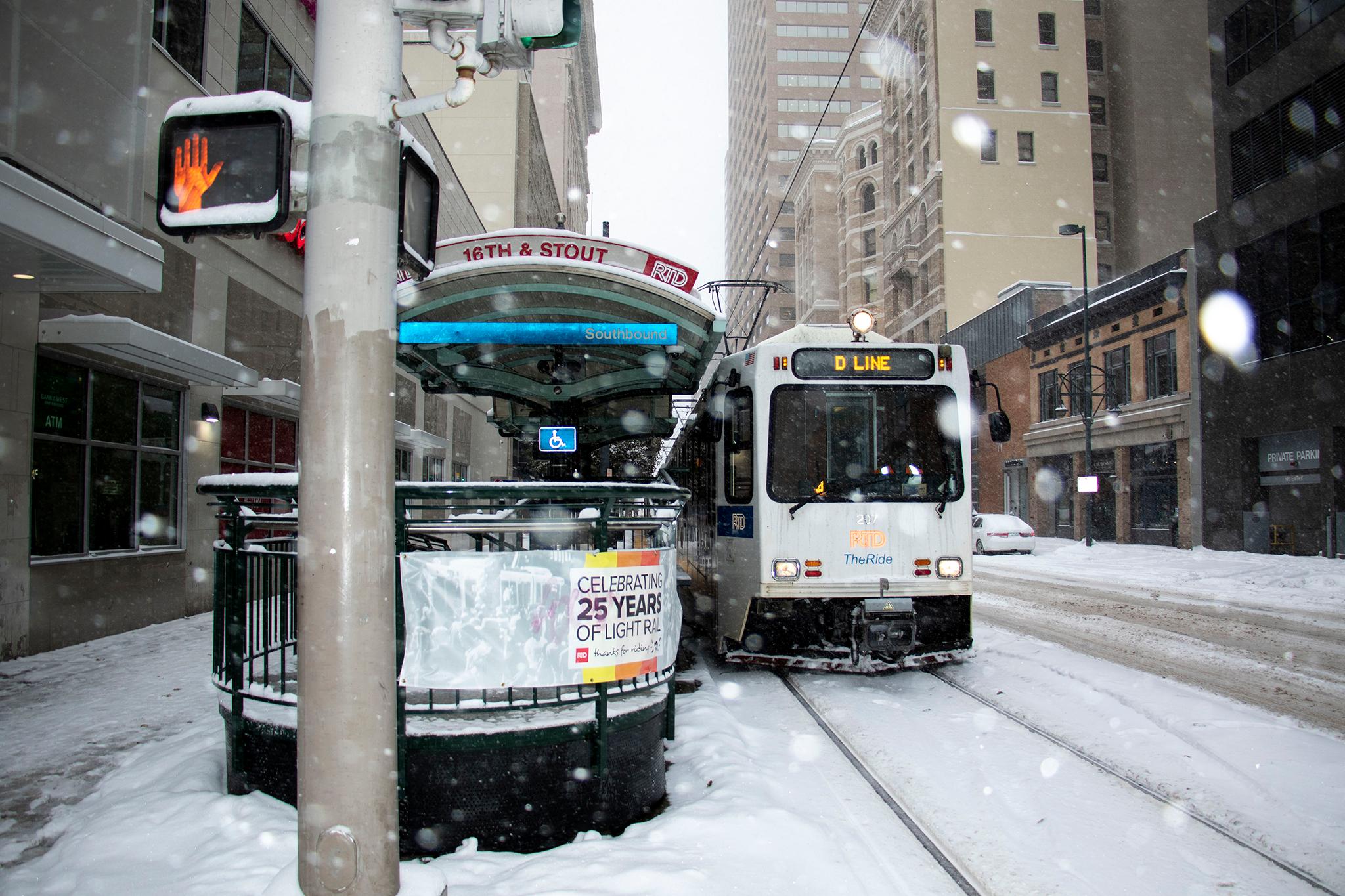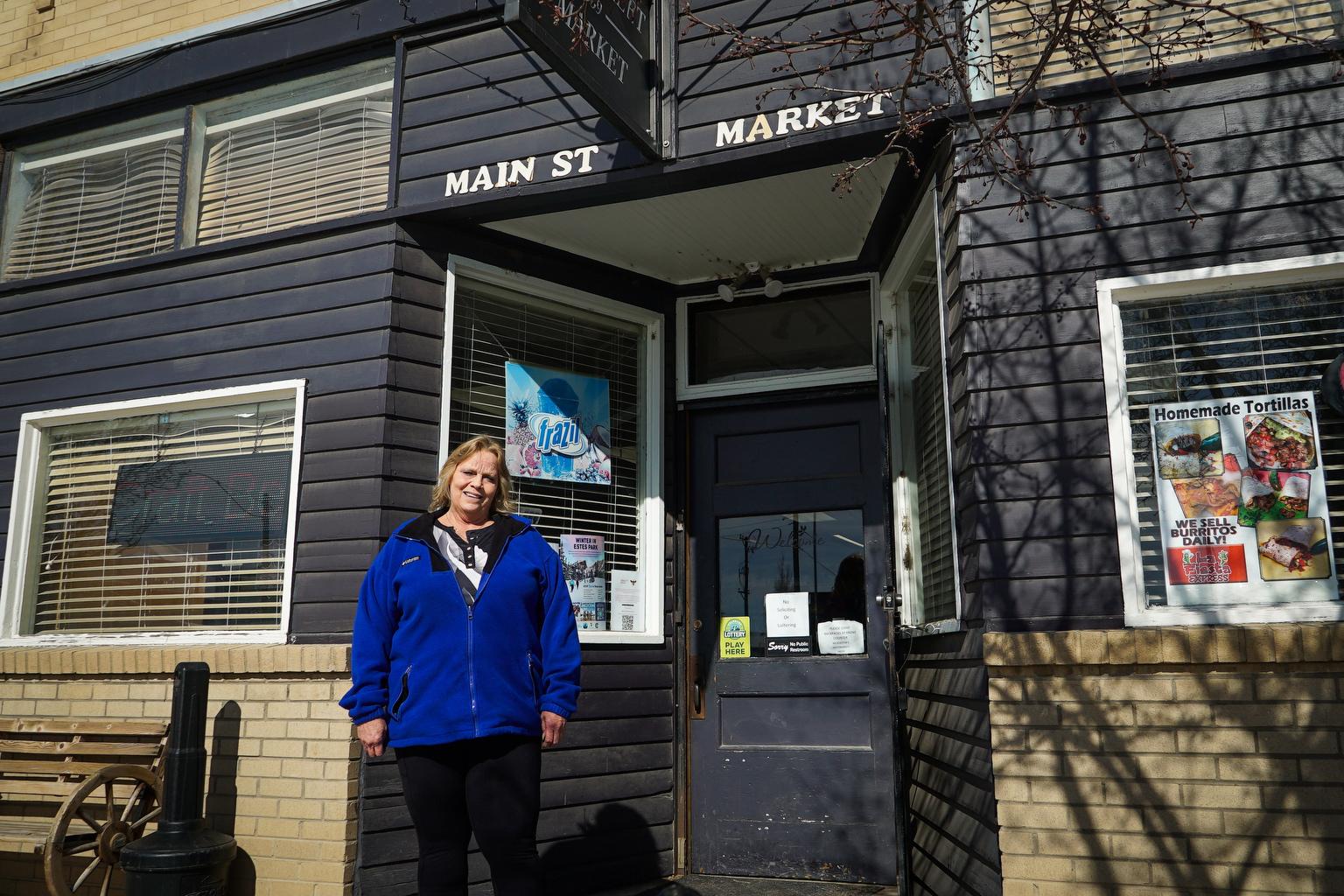
More than half of the 13,000 people who responded to a Regional Transportation District survey say the agency should temporarily drop bus and train service in exchange for more predictability.
That's according to results released Thursday, as the district tries to work through a debilitating operator shortage that's led to inconsistent service and exhausted drivers.
“Just make the cuts now instead of playing RTD roulette every morning," is how RTD summarized recommendations from respondents.
RTD staff proposed in October to formally cut service for a temporary — yet undefined — amount of time to give those drivers a break and allow the district to beef up their ranks. That's only come after the agency has raised pay, increased incentives, and stepped up its recruiting efforts in recent years.
"We've tried many things," spokeswoman Pauletta Tonilas said at a press briefing Thursday. "We never wanted to get to this point."
The agency held a telephone town hall with 5,000 participants, surveyed riders in person at bus and rail stations, and sought feedback digitally as well. All told, 59 percent supported the cuts.
RTD also surveyed "key stakeholders," like elected officials and transportation staffers within local governments. Of those 97 respondents, 63 percent favor cutting service.
In a special meeting following the media briefing, RTD General Manager and CEO Dave Genova said the agency would not make any cuts to its Access-a-Ride paratransit program. Advocates for the disabled community had told legislators this fall that any cuts would be very harmful.
Genova also added it's still too early to say where the cuts would happen or for how long, but he did say the agency hopes to not cut any lines completely.
"We don't want people to lose their lifelines," he said.
Board chair Doug Tisdale sought to allay fears that proposed cuts would be so large that they’d mark the end of RTD. He asked staff members, who have been reluctant to give any details about the proposal, to tell the public that any cuts would be more modest in nature. “That would be our preferred approach,” Genova replied.
Two board members, Natalie Menten and Shontel Lewis, asked whether RTD should be using the word “temporary” at all. “If we have a low-performing route, why would we bring it back?” Menten asked.
Chief Operating Officer Michael Ford said it’s true that service on some routes may not be restored to exactly the same way it was before the cuts. But that’s because RTD routinely makes changes to its routes to better use its resources, Ford said, not because the temporary cuts are precursors for permanent ones.
Staff will present the board with an actual plan of what cuts could look like on Dec. 12.









